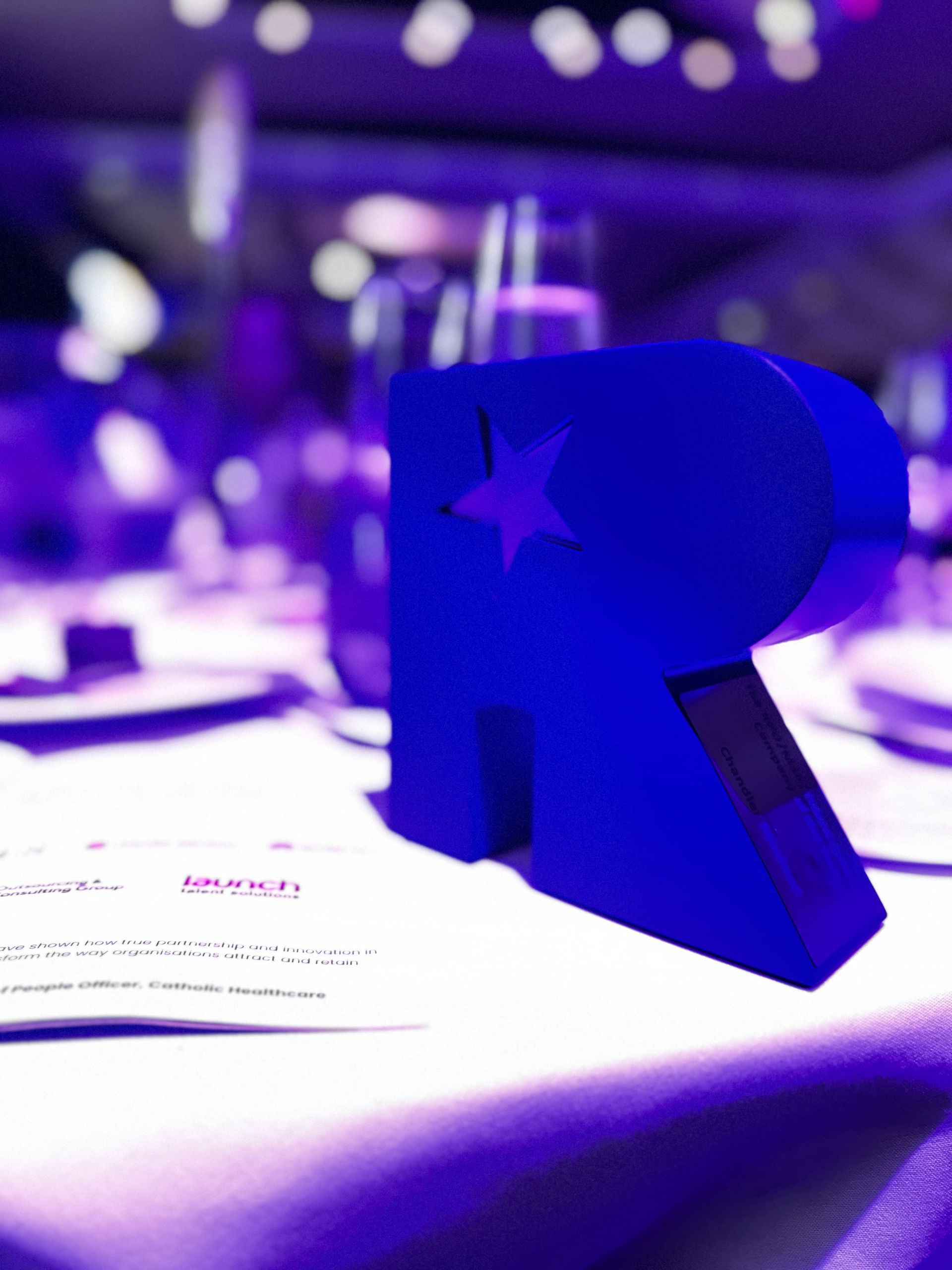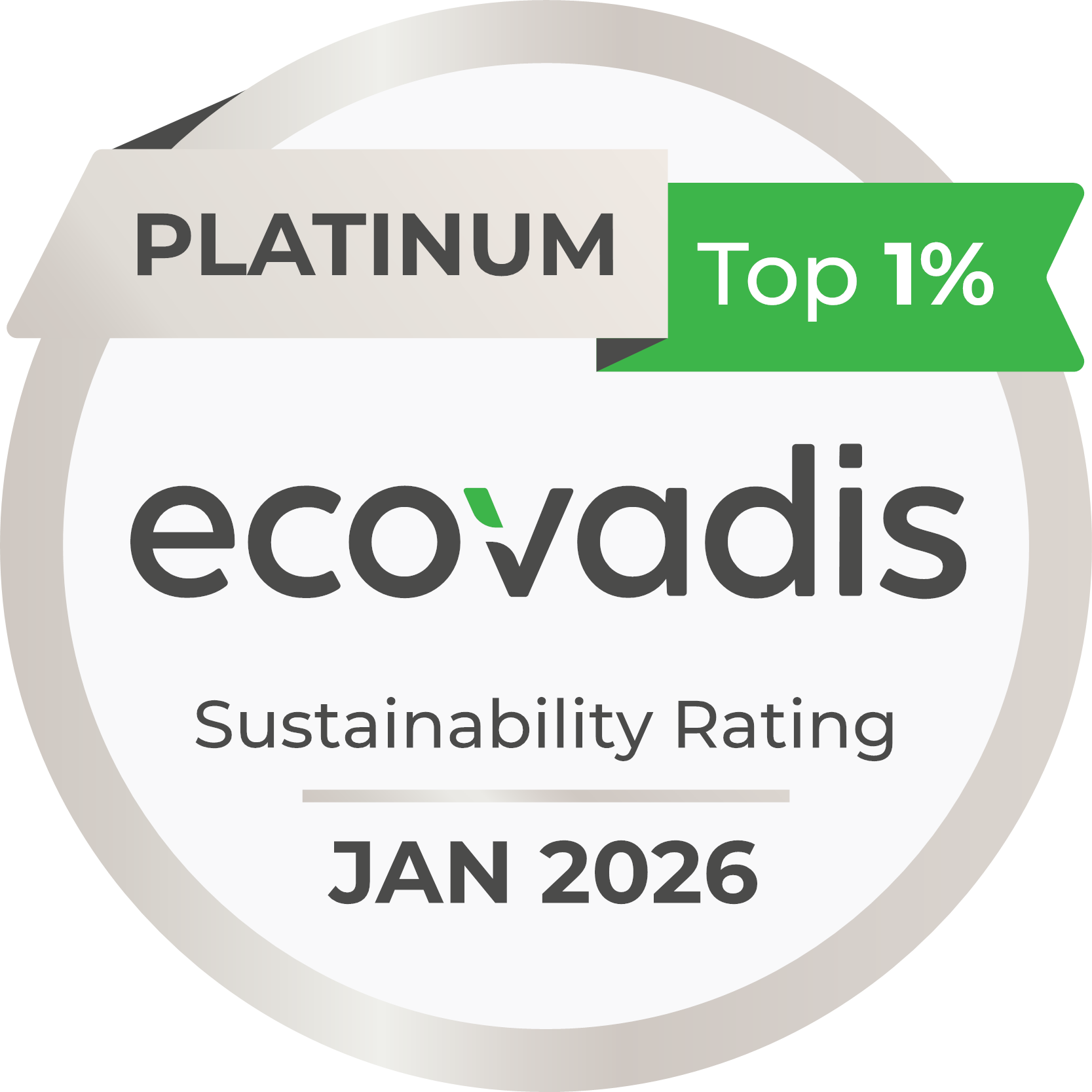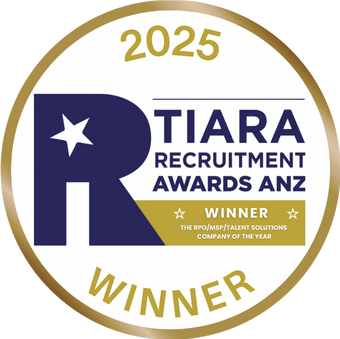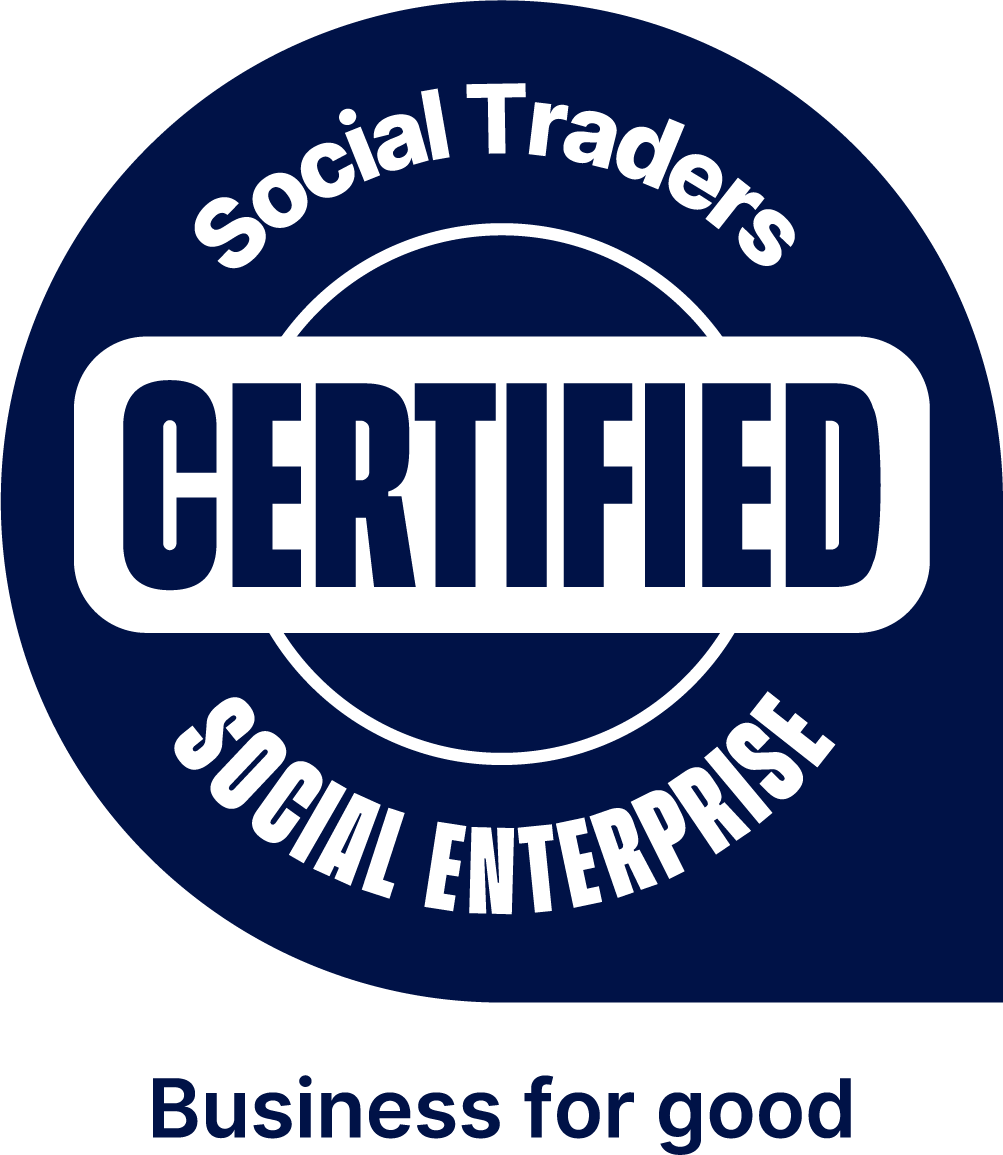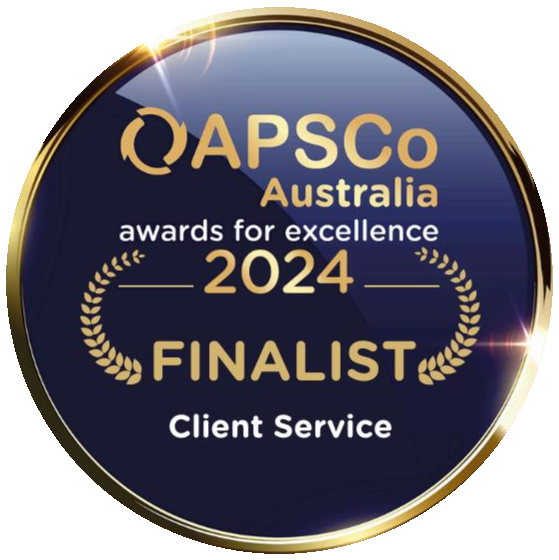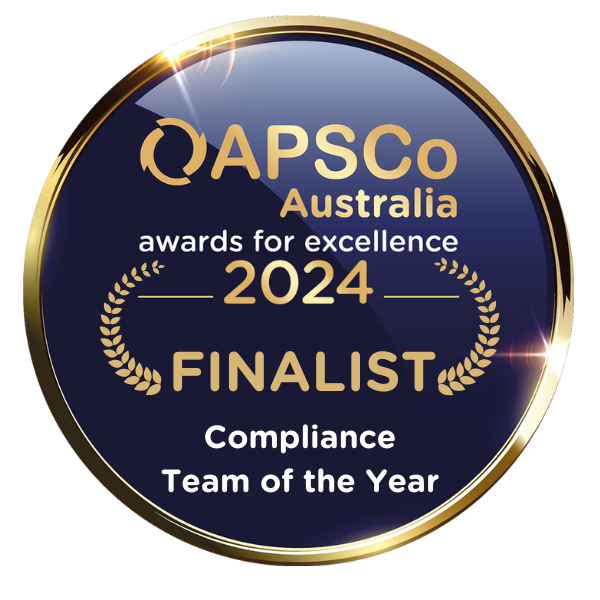Graduate Recruitment Agency
Connecting future leaders with great employers through expert graduate recruitment solutions in Australia.
Graduate Recruitment Services Tailored to Your Needs
End-to-End
Delivery
Attract, assess, and hire top graduates with ease.
Success
Profiling
Define the attributes that predict graduate success.
Virtual Assessment Centres
Run seamless, scalable graduate assessments online.
Graduate Recruitment Testing & Assessments
Build confidence in your hiring decisions with evidence-based assessment tools tailored for graduate talent.
At Chandler Macleod, we use a proven mix of behavioural science, smart technology, and practical insights to assess graduate candidates at scale without compromising candidate experience.
Whether you’re looking to streamline early-stage shortlisting or identify high-potential talent, our flexible assessment options can be
fully customised to meet your program needs.
🧠 Psychometric Testing, Skills Assessments & AI Tools
Assess graduates with precision using skills testing, psychometric tools and AI-powered insights. From cognitive and behavioural testing to automated video interviews, our solutions are scalable, engaging and designed to support fair, data-driven decisions.
🎯 Aligned with Graduate Competency Frameworks
Every assessment is built to evaluate the key attributes that matter most in graduate roles including adaptability, communication, problem-solving, and collaboration. We work with you to define success, then assess against it.
🔍 Assessment Gateway
Our proprietary online platform delivers a seamless experience for both employers and candidates. Enjoy branded, self-serve access with instant reporting, integrated testing, and user-friendly dashboards.
Outsourced Graduate Recruitment Solutions
We can also deliver your graduate recruitment program as a fully outsourced solution, ideal for high-volume, bulk recruitment or specialised hiring cohorts where scalability, consistency, and candidate experience are critical.
- Scalable, efficient delivery through RPO models
- Fully branded candidate experiences
- Designed to meet high-volume or specialised cohort hiring needs
Proud Partner of the Top100 Graduate Employers Awards
We’re proud to partner with GradConnection and the Australian Financial Review to deliver the Top100 Graduate Employers and Future Leaders Awards.
This annual event showcases leading assessment centre practices and elevates our clients’ employer brand with early talent across Australia.
2025 AGRIA Award Finalist: Outstanding Industry Partner
We’re thrilled to be named as a finalist in the 2025 AAGE Graduate Recruitment Industry Awards (AGRIAs) for the Award for Outstanding Industry Partner!
This annual award recognises outstanding examples of excellence in the Australian graduate recruitment and development industry.
Connect with our team
Let’s Find the Right Talent Together
If you are looking to discuss recruitment solutions, please fill in the form below and a member of our dedicated team will get back to you within one business day.
This form is for customer enquiries only. If you’re a job seeker, please search our jobs or register your CV.
Your information will only be used to provide the services or information you’ve requested. We may also send you occasional updates relevant to recruitment. You can unsubscribe at any time. To learn more, please review our Privacy Policy.
FAQs
What industries do you support with graduate recruitment?
We support a wide range of sectors, including government, professional services, finance, infrastructure, and technology, tailoring each program to suit your organisation's workforce needs.
Can I outsource just part of my graduate recruitment program?
Yes. We offer flexible models, from full RPO delivery to support with individual components like assessments, video interviews or onboarding.
What types of assessments do you provide?
Through our Assessment Gateway platform, we offer psychometric tests, cognitive ability assessments, video interviews, and gamified testing - all customisable to fit your role requirements.
Do you offer support with employer branding for graduate campaigns?
Absolutely. We help design and deliver branded experiences that resonate with early talent, including EVP alignment, marketing content, and candidate communications.
How do you ensure a strong candidate experience at scale?
We combine best-practice program design, digital engagement tools, and human support at key moments to ensure every candidate feels informed, respected and valued throughout the process.
Can you help us run a campus recruitment campaign?
Yes. We maintain strong relationships with universities and can coordinate job board postings, campus events, presentations, and brand activations on your behalf.
From the blog










